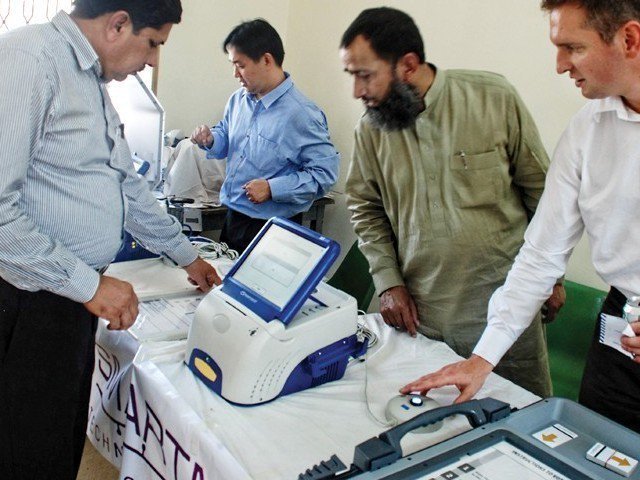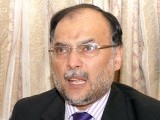‘Political parties fail to deliver on promises made in 2013’
LAHORE: Despite its claims to have expertise in economic management, the PML-N’s latest government managed to achieve only 20% of its macroeconomic promises it made in election 2013, said a study conducted by the Institute of Policy Reforms (IPR) on Tuesday.
On the other hand, Pakistan Peoples Party (PPP) achieved 20% of its target in education and 33% in health in Sindh.
The Islamabad-based think tank released a comprehensive study on the extent to which political parties delivered on their promises made in the previous election. The study reviewed manifestos of three major political parties, Pakistan Tehreek-e-Insaf (PTI), PPP and PML-N, that formed governments at the federal and provincial levels.
‘Karachi is ahead of the rest of Sindh in economic development’
“In five years, each of the three political parties delivered about one-quarter of what they had promised in 2013,” revealed the study.
All parties seem to have stumbled, as by 2016 the national literacy and enrolment rates had witnessed a drop in Pakistan. The situation is not much different for other sectors. Soft and physical infrastructure development was mostly well behind needs, except for favoured projects. Promises to reduce cost of doing business did not materialise. During the five years, Pakistan’s rank dropped in the World Bank’s Doing Business Report and stayed low in UNDP’s Human Development Index. Both are key indicators of economic development.
‘Accelerating Economic Growth’
Although the PML-N did manage to increase power generation, it did not address power policy and governance weaknesses. Similarly, PPP handed over land to over 4,000 landless peasants and made good on its promise for labour rights. The successful tree plantation and progress in health services were some achievements made by PTI.
However, these gains fall far short of what the parties had proposed. “Our research shows that the manifestos mostly seem forgotten once elections are over,” stated the report.
The manifestos need to be translated into policies, programmes or projects as soon as parties assume power. “It is not clear if parties were realistic in setting targets. There is no effort to relate manifesto ideals to available financial and institutional resources.”
Despite being comprehensive, the manifestos lack information about how they identify the country’s needs. They also do not have a comprehensive strategy or any need to prioritise. It is unlikely for any government to deliver on everything, hence a strategy can help decision makers prioritise and sequence.
Published in The Express Tribune, July 11th, 2018.
Like Business on Facebook, follow @TribuneBiz on Twitter to stay informed and join in the conversation.
Says decision taken to prevent any action that can influence results of upcoming general elections
Next hearing scheduled for after elections
The Minister for Planning and development addresses opening ceremony of a robotics research institute
More in Business
Original news : https://tribune.com.pk/story/1754676/2-political-parties-fail-deliver-promises-made-2013/

